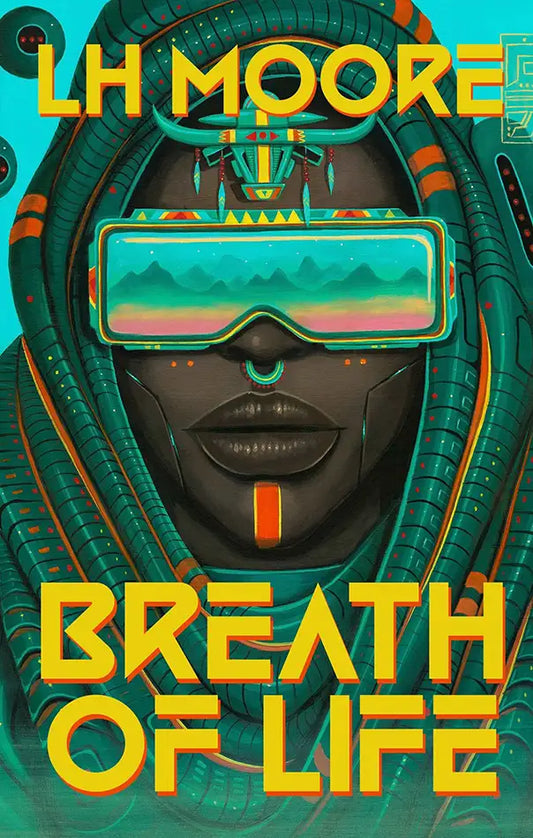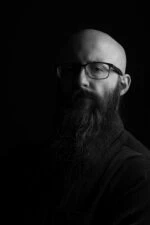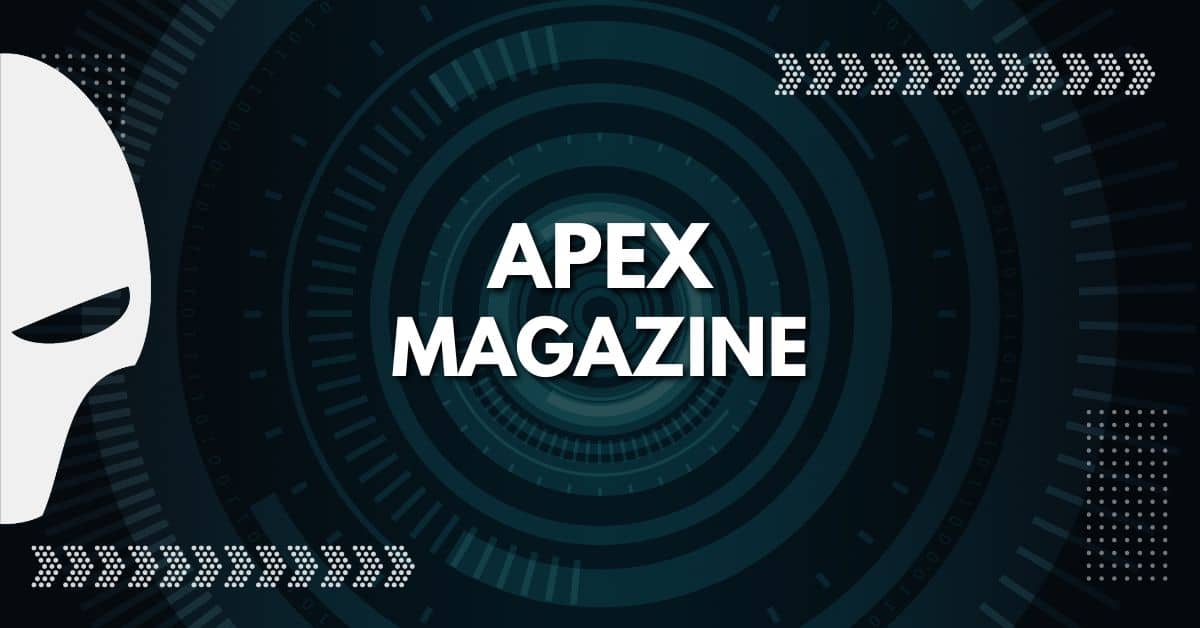
I’ve read and loved countless books over my lifetime, but few have been as important or influential as the one sitting on my desk as I write this article: the Dungeons and Dragons Players Handbook. (The 3.5 edition, for those of you who must know.) I’ve been playing this game for close to thirty years, but it’s only recently that this book helped to crystalize something that had been bugging me about the fantasy genre.
From Chapter Two: Races—“[T]he promise of power and profit brings together people of all the common races: “humans, dwarves, elves, gnomes, half-elves, half-orcs, and halflings.”
Um… call me crazy, but I thought dwarfs—little people—were human.
It’s such a common trope in fantasy that many of us—most of us—never even question it. I’ve played dwarven fighters and paladins and barbarians. The dwarf Darnak was one of my favorite characters in my goblin novels. I wrote a short story about a dwarven bard who carried a granite battle flute.
They were good characters, and good stories. But I cringe now, thinking about what it must be like to be a person with dwarfism, to pick up a fantasy novel and read yet another tale about beer-swilling, axe-swinging, gold-loving warriors with magnificent beards. (The women too, ha-ha, isn’t that hilarious?)
Authors don’t have the greatest track record when it comes to writing “the other.” We create magical negroes and noble savages and countless other stereotypes and clichés. But I’m hard-pressed to think of another example where almost universally, even in the twenty-first century, we write about a group of people with the explicit assumption that they aren’t even human. Where we accept that assumption with so little critical discussion.
“But wait,” you might argue. “Nobody’s trying to offend anyone. But are we supposed to just eliminate such a huge part of our genre for the sake of political correctness?” Or maybe you’ll point out that “Just last month a group of little people were threating to organize a ‘Hundred Midget March’ to protest the casting of full-size actors to play the dwarves in Snow White and the Huntsman, so they obviously don’t object to how they’re being portrayed!”
I don’t claim to read minds, nor would I assume any group shares a single homogenous opinion on any given issue. But how many roles does Hollywood actually offer for smaller actors? Fantasy dwarves. Munchkins. Oompa-Loompas. And now even those roles are going to full-size actors? I can’t help but wonder about supply and demand, and the relative dearth of roles for little people, let alone roles that treat them as human beings rather than tropes or spectacles.
I keep coming back to the question of visibility. As a five foot eight white man, I have an unending stream of stories that present people who look like me in a wide range of roles. Which is great for me, but what about the rest of us? What about the parents of a child with dwarfism who look around, trying to find stories that portray someone like their child as a well-rounded, heroic, human character?
It’s not that such stories don’t exist. Willow comes to mind. While the movie portrayed little people as a separate race (Nelwyns), at least it was a race with variety. A race of people, not clichés and flat stereotypes. It’s one of the few stories I can think of where a little person (Warwick Davis) is the hero of the story, and a well-rounded, engaging hero at that.
George R. R. Martin created the character of Tyrion Lannister for his series A Song of Ice and Fire, the basis for HBO’s A Game of Thrones. Tyrion was born with dwarfism, and his mother died giving birth to him. He is a fully human character, complex and conflicted, with a full range of motivations and desires.
While other characters may mock and persecute Tyrion for his “deformity,” neither the author nor the story itself question his humanity. Indeed, in the HBO special, Tyrion’s character has become something of a fan favorite.
Peter Dinklage, who plays Tyrion Lannister, sums things up thusly: “I don’t gravitate towards fantasy. I do have a deeper appreciation for it because of Game of Thrones, but I never really was attracted to fantasy because of how most writers depict people my size.” (I recommend reading the full piece at https://www.themarysue.com/peter-dinklage-fantasy/.)
It’s not that fantasy never acknowledges the existence of little people or treats them as human—and I would love to hear suggestions in the comments—but such portrayals are rare and horribly overshadowed by the fantasy clichés. By Gimli with beer dripping down his beard, or joking about dwarf-tossing. And so many of us as readers and authors accept these portrayals without ever questioning or thinking about them.
As a writer who has committed some of those unthinking portrayals, I believe that needs to change.












